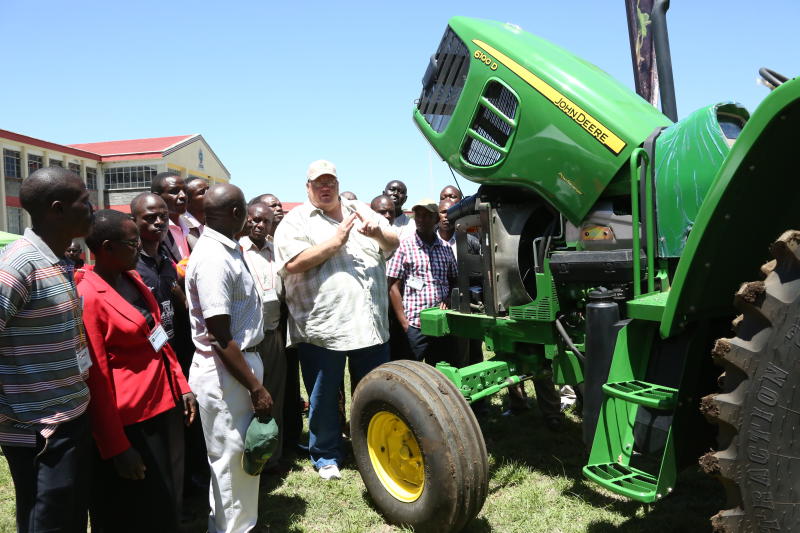×
The Standard e-Paper
Fearless, Trusted News

US Deere & Company expects to see demand for its farm equipment in Africa grow eight to 10 per cent annually in the coming years, driven by expansion in key markets like Ethiopia and Zimbabwe, a local company executive said.